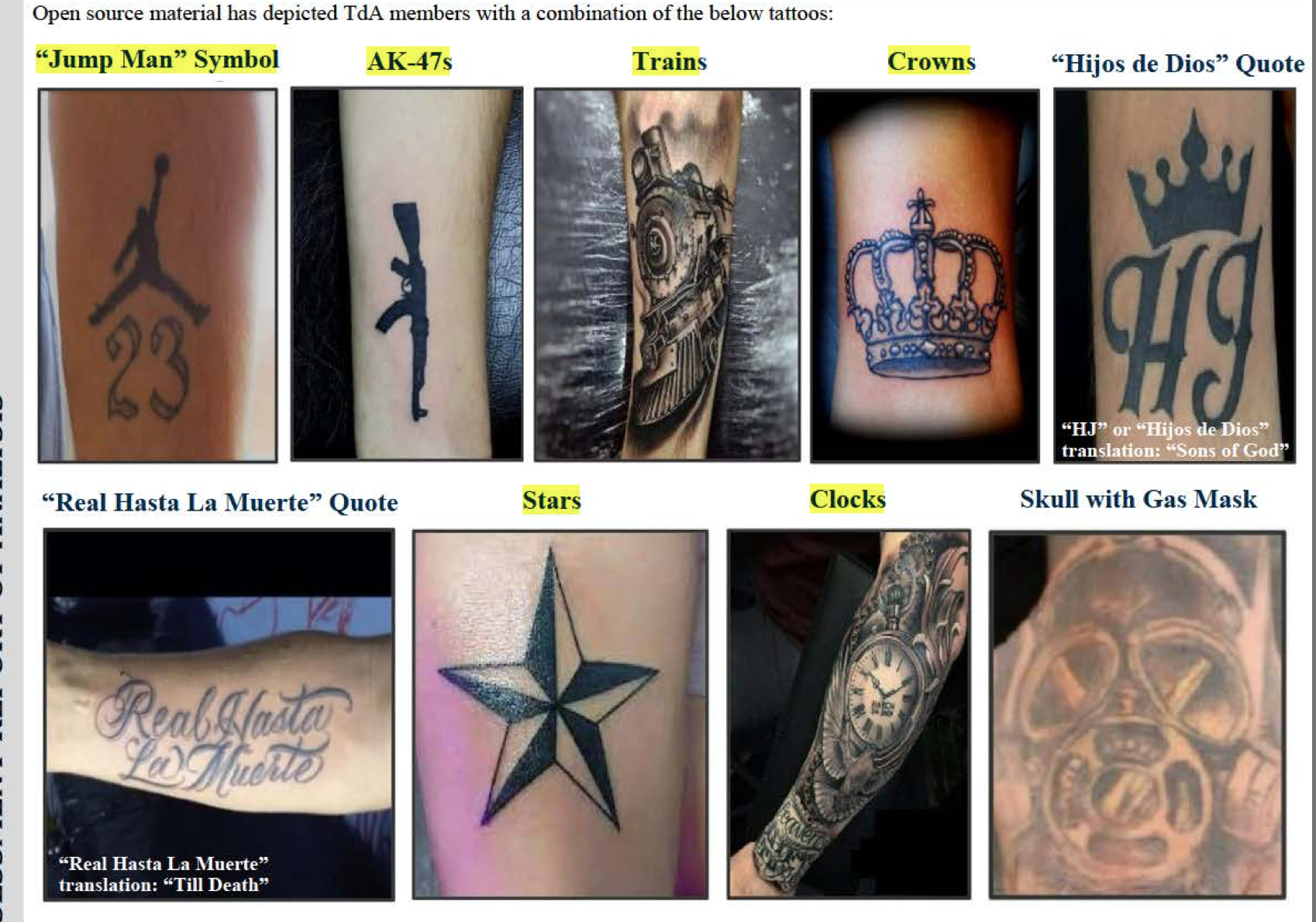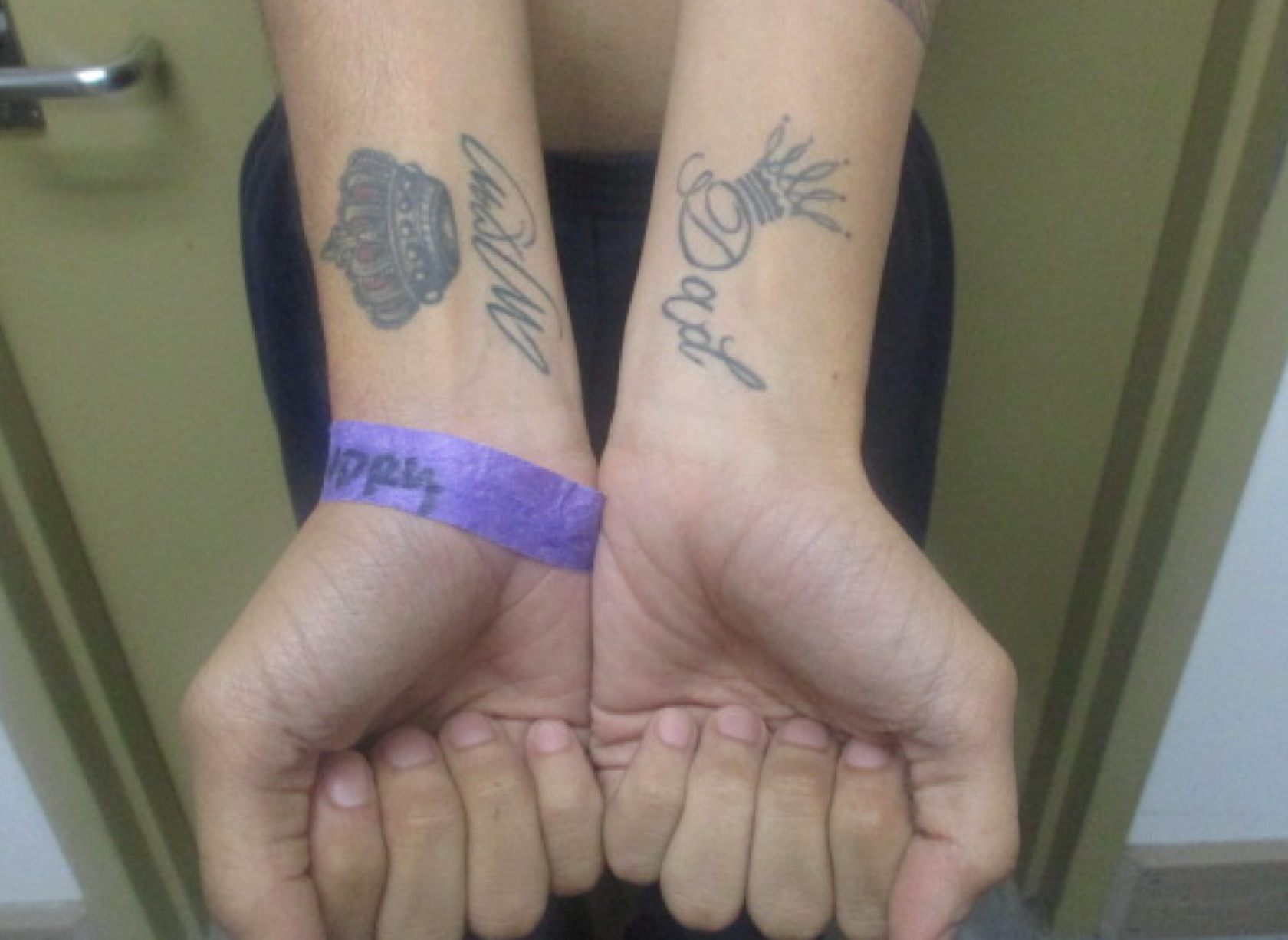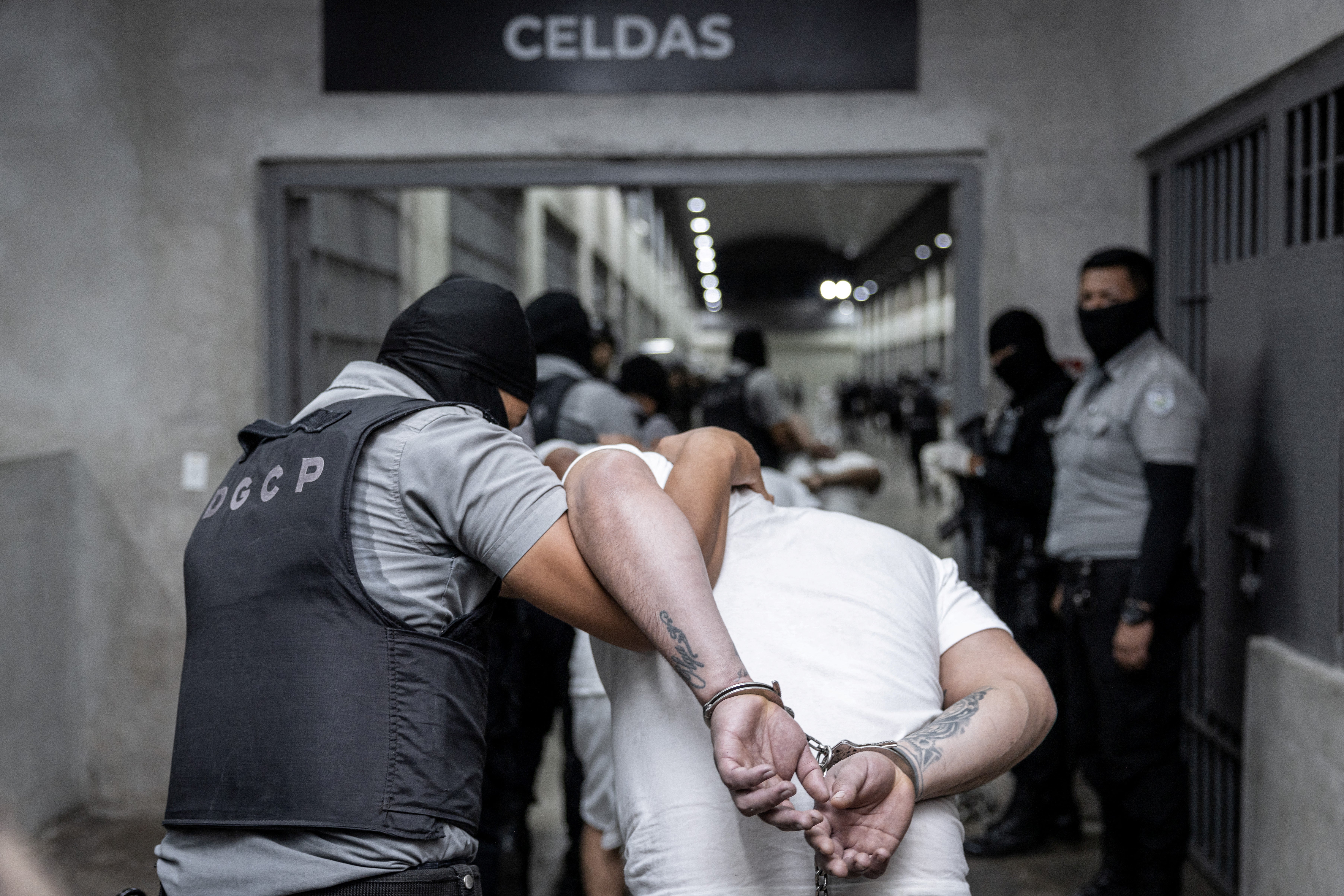Your support helps us to tell the story
From reproductive rights to climate change to Big Tech, The Independent is on the ground when the story is developing. Whether it’s investigating the financials of Elon Musk’s pro-Trump PAC or producing our latest documentary, ‘The A Word’, which shines a light on the American women fighting for reproductive rights, we know how important it is to parse out the facts from the messaging.
At such a critical moment in US history, we need reporters on the ground. Your donation allows us to keep sending journalists to speak to both sides of the story.
The Independent is trusted by Americans across the entire political spectrum. And unlike many other quality news outlets, we choose not to lock Americans out of our reporting and analysis with paywalls. We believe quality journalism should be available to everyone, paid for by those who can afford it.
Your support makes all the difference.
The results of a scorecard appear to be enough to determine whether Venezuelan immigrants can be sent to a notorious El Salvador prison and remain there indefinitely.
Under Donald Trump’s order invoking the Alien Enemies Act for the fourth time in U.S. history, Venezuelans over age 14 who are determined to be “members” of the Tren de Aragua gang can be summarily deported as “alien enemies.”
Immigration and Customs Enforcement relies on an “Alien Enemies Act Validation Guide” to decide whether those Venezuelans are members of a gang the administration has labelled a terrorist organization, according to a guide shared by attorneys for the ACLU.
All it takes is a score of eight, according to the guide.
Tattoos alone are four points. “Dress” associated with Tren de Aragua — including “high-end streetwear” and clothing with Michael Jordan logos — is another four points.
ICE officers also appear to have wide discretion to deport alleged gang members if that score is a few points short after consulting with supervisors and “reviewing the totality of the facts.”
But court documents and affidavits from attorneys for dozens of people who were deported to El Salvador suggest that ICE has repeatedly targeted Venezuelan immigrants for their tattoos, regardless of their meaning, as evidence of their alleged affiliation with Tren de Aragua.
Attorneys suggest Venezuelans were wrongly targeted for their tattoos as a pretext for the Trump administration to swiftly remove hundreds of immigrants all at once to a jail that human rights groups have labeled a “tropical gulag.”
“While these errors would be troublesome in any case, they are particularly devastating here, where Plaintiffs have strong claims for relief under our immigration laws and have ended up in one of the worst prisons in the world,” according to ACLU attorneys.
As examples of tattoos the government claims are evidence of Tren de Aragua membership, ICE relies on photographs of tattoos — including Michael Jordan’s “jumpman” logo and nautical stars once popular with millennials — that were pulled from the internet and tattoo artists’ social media accounts, according to materials from Department of Homeland Security investigators revealed in court documents.
When The Independent questioned White House press secretary Karoline Leavitt about the criteria on Monday, she did not dispute the document but said the Department of Homeland Security considers a “litany of criteria that they use to ensure that these individuals qualify as foreign terrorists.”
“Shame on you and shame on the mainstream media for trying to cover these individuals,” she said.
“You are questioning the credibility of these agents who are putting their life on the line to protect your life and the life of everybody in this group?” she added. “And their credibility should be questioned? They finally have a president who is allowing them to do their jobs and God bless them for doing it.”

Andry Jose Hernandez Romero, a gay makeup artist, has a crown tattoo on each arm with the words “mom” and “dad” below them.
He passed a credible fear interview in his request for asylum in the United States following his persecution in Venezuela for his sexuality and political views, which were broadcast on a government-sponsored news channel where he worked, according to his attorneys.
He has repeatedly denied any association with Tren de Aragua.
But he was “deported without any notice to him or his attorney,” according to lawyers with the ACLU. “Two days later, at his court hearing, his attorney learned for the first time of his removal. … Even then the government’s attorney did not know the basis for removal.”
Neri Alvarado Borges was told by ICE officers that he was arrested in February for his tattoos — one of which is a rainbow-colored autism awareness ribbon with the name of his brother, who is autistic.
“Well, you’re here because of your tattoos,” an ICE agents told Borges, according to his boss, Juan Enrique Hernandez. “We’re finding and questioning everyone who has tattoos.”
He was “clean,” the officer told him, according to Hernandez. But another agent held him in ICE custody. He was deported to El Salvador weeks later.
Jerce Reyes Barrios, described by his attorneys as a professional soccer player and a youth soccer coach, fled Venezuela for the United States after he was arrested and “tortured” by “election shocks and suffocation” for marching in demonstrations protesting Nicolas Maduro’s regime.
He registered with the CBP One app in Mexico for an appointment with an immigration officer last year, but was taken into ICE custody in San Diego, where he was accused of being a member of Tren de Aragua, largely based on his tattoos — which include a crown on a soccer ball, a tribute to his favorite club Real Madrid, according to a sworn statement from his attorney.
“Barrios was never given the opportunity to explain this because he was removed prior to his immigration hearing, which was set for just over a month after the government deported him,” attorneys wrote.

“The government’s errors are unsurprising, given the methods it is employing to identify members of [Tren de Aragua],” they added.
The checklist also suggests merely texting someone who is a “known member” of the gang adds six points to the so-called “verification guide.” Sending a “known member” money through Venmo or CashApp is another three points.
For example, someone who has lived in the same house or is a family member of an alleged member — “residing” with him or pictured in a “group photo” or “social media posts,” all two points each — could also be targeted for removal despite having nothing to do with the gang.
The criteria echoes ICE guidelines for identifying gang membership, which similarly determines whether someone is in a gang based on at least two “gang membership identification criteria,” such as tattoos. ICE has redacted criteria from its guide.
Otherwise, ICE defines a “gang member” as someone “who admits to being in a gang or who has a gang-related conviction.“
If the courts allow the administration to continue summarily removing immigrants under the Alien Enemies Act, “the government will be free to send hundreds more individuals, without notice, to the notorious Salvadoran prison where they may be held incommunicado for the rest of their lives,” according to ACLU attorneys, who are seeking a preliminary injunction to continue freezing Alien Enemies Act deportations while a legal challenge plays out.
Administration officials have admitted in court filings that “many” Venezuelans sent to El Salvador do not have criminal records. Last week, Secretary of State Marco Rubio conceded that people on those flights were not all necessarily members of Tren de Aragua but a “combination of people” whose presence is “not productive to the United States” and who were “removable” by law.
The government “secretly rushed the men out of the country and has provided Plaintiffs with no information” about the evidence against them, according to ACLU attorneys. But evidence suggests many of those men are not “members” of Tren de Aragua, under the president’s proclamation, and “many have no ties to [Tren de Aragua] at all,” they added.

Trump secretly invoked the Alien Enemies Act as three flights were preparing to depart from the United States on March 15 with dozens of Venezuelan immigrants on board.
The planes were still in the air when District Judge James Boasberg ordered the administration to turn them around. Judge Boasberg has pressed officials to answer a series of questions about the operation to determine whether they intentionally defied his court orders, teeing up what legal experts fear is a mounting constitutional crisis in which the president ignores the judiciary — and possibly the Supreme Court — as he cites inherent authority to summarily remove immigrants from the country.
The Trump administration has invoked a “state secrets privilege” — typically used to prevent the release of information that could compromise national security — to avoid answering additional questions about the flights.
Appellate judges have upheld Boasberg’s restraining orders, and the administration is asking the Supreme Court to intervene.
Appellate Judge Karen Henderson wrote that the Alien Enemies Act gives the president “near-blanket authority to detain and deport any noncitizen whose affiliation traces to the belligerent state.”
But a “central limit to this power is the act’s conditional clause — that the United States be at war or under invasion or predatory incursion,” she wrote.
Trump “plucks the third-order usage” of the word “invasion” to justify summary deportations, and immigration alone also does not constitute a “predatory incursion,” the ruling states.
In a concurring opinion, appellate Judge Patricia Millett rebuked the government’s argument that immigrants, on allegations alone, “can be removed immediately with no notice, no hearing, no opportunity — zero process — to show that they are not members of the gang, to contest their eligibility for removal under the law, or to invoke legal protections against being sent to a place where it appears likely they will be tortured and their lives endangered.”
The “Constitution’s demand of due process cannot be so easily thrown aside,” she wrote.
Andrew Feinberg contributed reporting from Washington, D.C.
















Leave a Reply